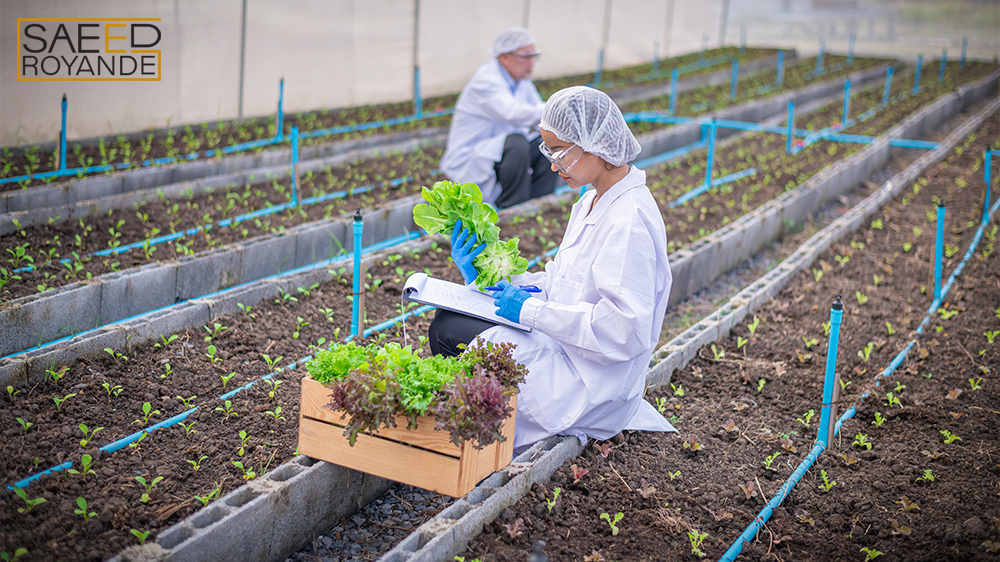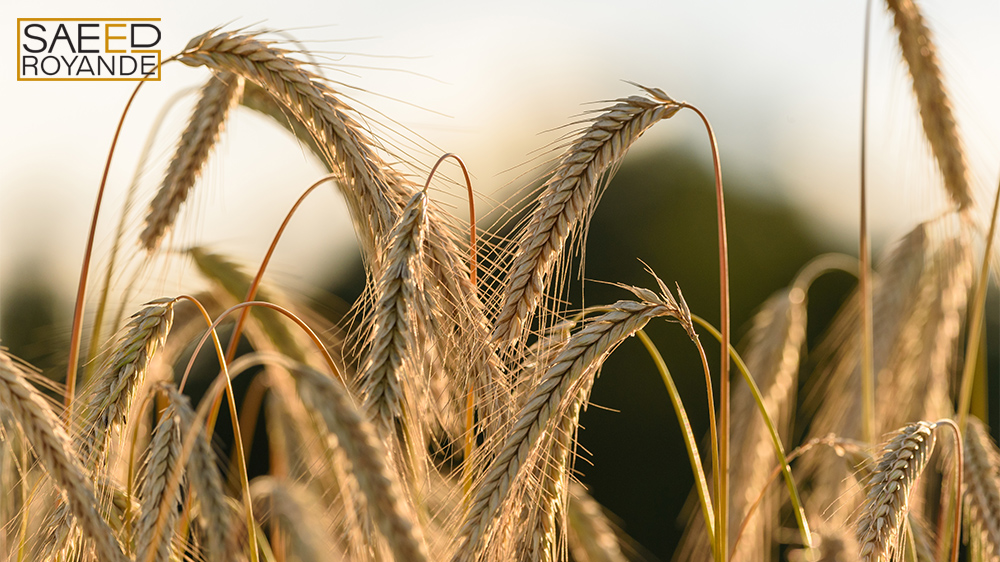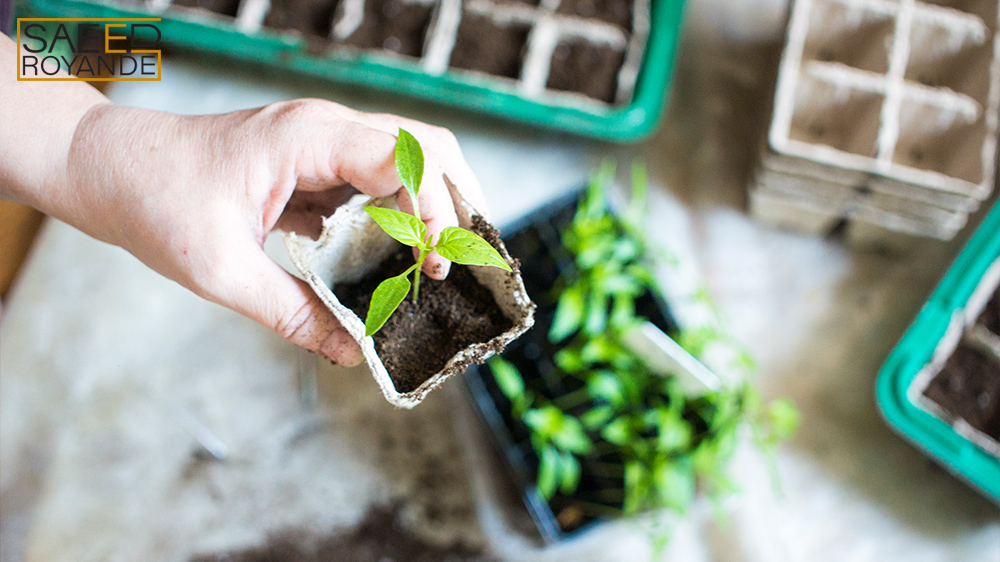Most countries’ economies rely on agriculture in some capacity. Agriculture is significant in many ways, including job creation and contributing to national income. Agriculture produces the majority of the world’s food and textiles. It produces cotton, wool, and leather and also produces construction timber and paper goods. As a result, agriculture’s significance stems from its ability to sustain life and promote farming, economic development, and food production. It is worth noting that the main industrialized countries of today were formerly primarily agricultural, whilst developing economies continue to dominate agriculture and contribute heavily to national GDP.
What is agriculture?
Agriculture is the process of producing natural resources for human survival and economic gain. It blends the creativity, ingenuity, and expertise required for crop growing and animal husbandry with current production methods and new technologies. Agriculture is also a business that delivers commodities to the global economy, such as grain, animals, dairy, fiber, and raw materials for fuel.
Agricultural development
Agricultural development is one of the most important strategies for ending extreme poverty, increasing shared prosperity, and feeding the 9.7 billion people expected by 2050. Growth in agriculture is two to four times more effective than growth in other industries in improving incomes among the poorest. According to 2016 studies, agriculture provided a living for 65 percent of poor working individuals. Agriculture is also critical to economic growth: it accounted for 4% of global GDP in 2018, and in some developing nations, it can account for more than 25% of GDP.

Researcher agriculture scientist working on organic crops
What is the importance of agriculture?
Agriculture’s production is critical to understanding why it is vital to business and society, from generating raw materials to contributing to the global supply chain and economic development.
agriculture is the primary supplier of raw materials
Agriculture provides several raw materials, such as cotton, sugar, timber, and palm oil. These materials are critical to big businesses in ways that many people are unaware of, such as the production of medications, diesel fuel, plastic, and other products. Raw materials are so crucial in manufacturing that a country’s economic health is heavily reliant on how many raw materials it possesses.
Agriculture is the foundation of a country’s economic system
The growing population demands a greater emphasis on the primary sector which is agriculture. According to a World Bank report, three out of every four people in developing countries live in rural areas and earn as little as $2 per day. Although European countries do not confront a similar situation, agricultural innovation remains essential. This allows the government to concentrate more on economic development.

Rye crops on a field agriculture
Importance of agriculture in international trade
Agriculture-based commodities such as sugar, tea, rice, cotton, tobacco, and coffee are key exporters to other countries. This method aids in reducing a country’s key expenditure balance and saving foreign cash. This amount could be utilized to import other critical inputs, machinery, raw materials, and other infrastructure that is beneficial to the country’s economic development.
agriculture has the potential to heal the environment
Agriculture can either damage or heal. Farmers that prioritize biodiversity on their property benefit the environment. More biodiversity leads to healthier soil, less erosion, improved water conservation, and happier pollinators. agriculture provides food security, increases rainfall and greenery, creates job opportunities, and benefits the environment. Sustainable agriculture may help protect watersheds, conserve and restore vital habitats, and improve soil health and water quality.
Agriculture inspires technological innovation
Because healthy agriculture is so important to a country’s well-being, it has been the site of some of the most fascinating technological advancements. Scientists and farmers have been working out ways to boost crop output, consume less water, and lessen negative environmental impacts using artificial intelligence, blockchain software, gene editing, and other technologies. Agribusiness is one of the most exciting and fruitful industries to work in for scientists and technology businesses.

Group of engineers talking and working
Agriculture encourages economic growth
Due to its connections to other economic sectors, which support job creation and promote economic development, agriculture has an impact on world trade. According to research, nations with robust agricultural sectors see increases in employment across all industries. Since producers in these nations innovate through technology and farm management practices to boost agricultural productivity and profitability, countries with strong agricultural infrastructure and rising agricultural productivity also have greater per capita incomes.
Agricultural entrepreneurship
Agricultural entrepreneurship is a new area of study. It entails examining and comprehending agricultural entrepreneurs’ strategies, particularly in response to institutional changes and economic and technical disruptions to which the agricultural industry is exposed. Despite an increase in the number and variety of publications, there is still a need for a better understanding of agricultural entrepreneurship dynamics from the standpoint of entrepreneurial theory. To join new phases of agriculture characterized by fresh problems like free markets, sustainability, and digital technology, farmers must have the freedom to modify or forsake existing solutions. To support farmers and agricultural industries, the notion of agricultural entrepreneurship is developed. This is done by enhancing production processes and boosting market engagements.

Baby plants seeding black hole trays for agricultural
The Role of Agriculture in economic transformation
Economic transformation, also known as structural transformation, refers to a country’s shift in the relative contribution of its technology and sectors to its overall GDP: from traditional technology to modern technology, from agriculture to industry and manufacturing, and finally to a high-income service economy. Agricultural modernization paves the ground for industrialization by raising labor productivity, increasing agricultural surplus for capital accumulation, and generating foreign exchange through exports. Agricultural modernization also contributes to humanitarian goals by increasing poor farmers’ earnings and production, lowering food prices, and improving nutrition. Indeed, upgrading agriculture can boost human capital by better feeding the people and minimizing the long-term debilitating effects of hunger, such as child stunting. Overall, a well-nourished youngster develops better, becomes more productive, and earns more pay later in life than a starving child.


